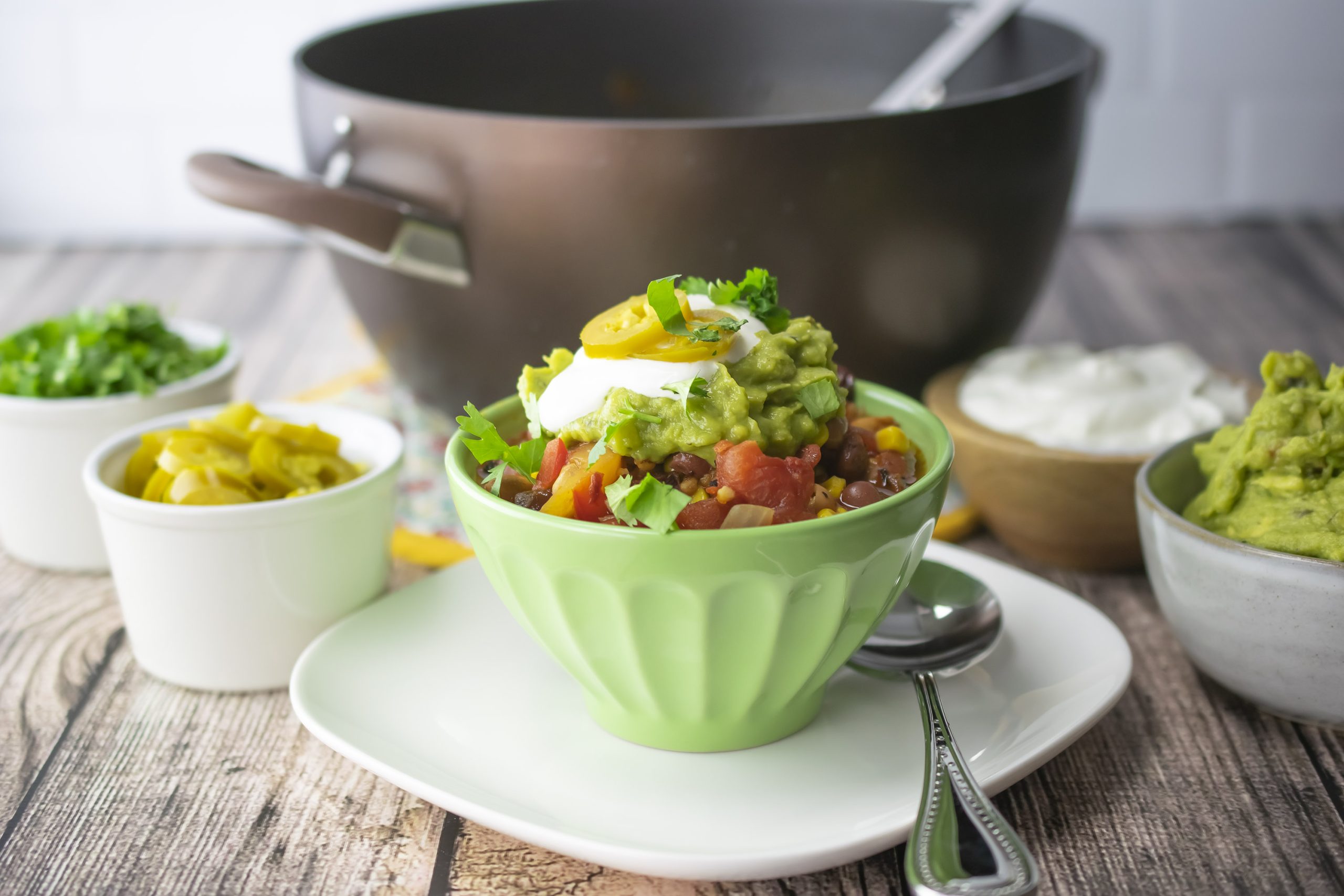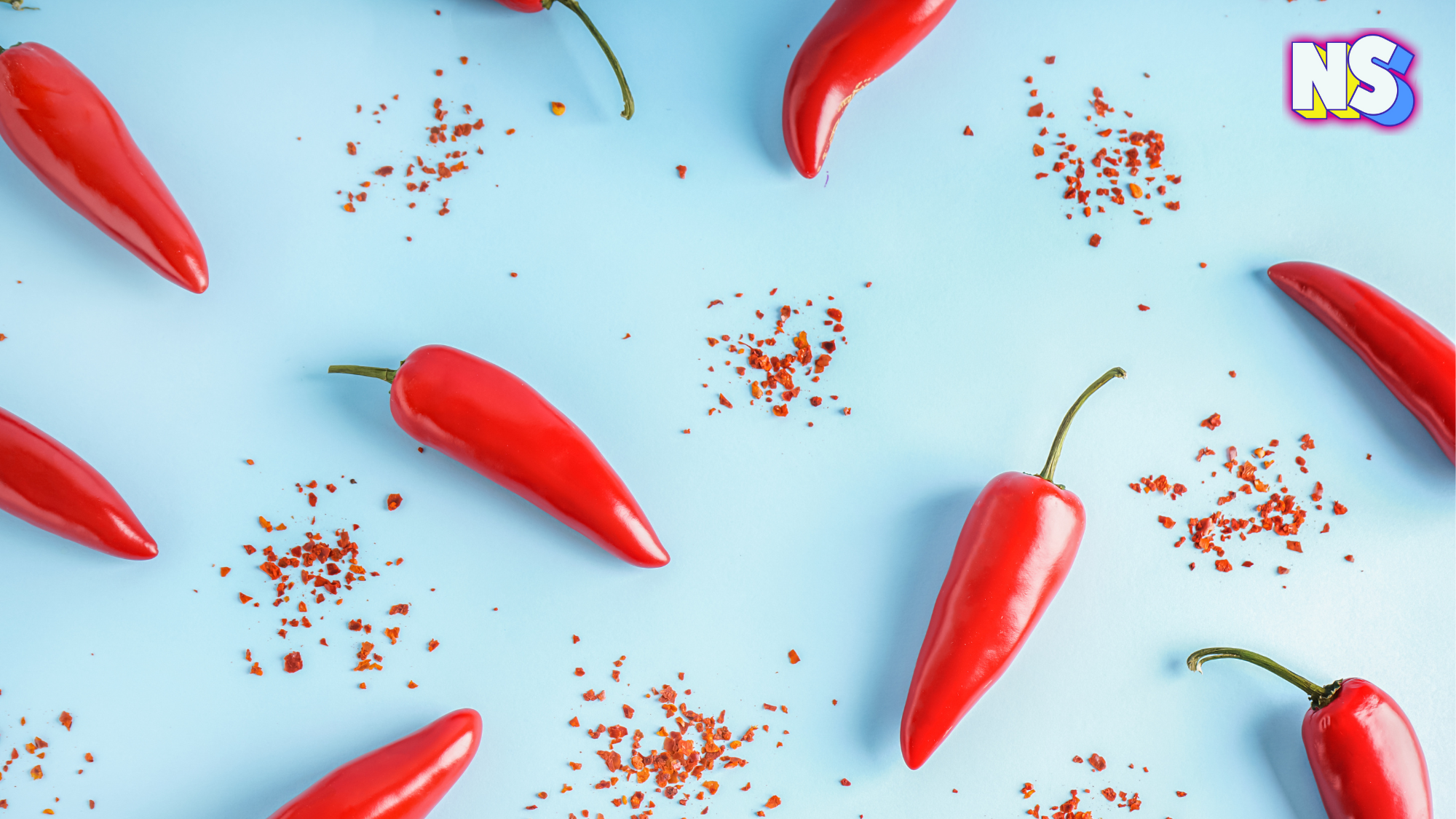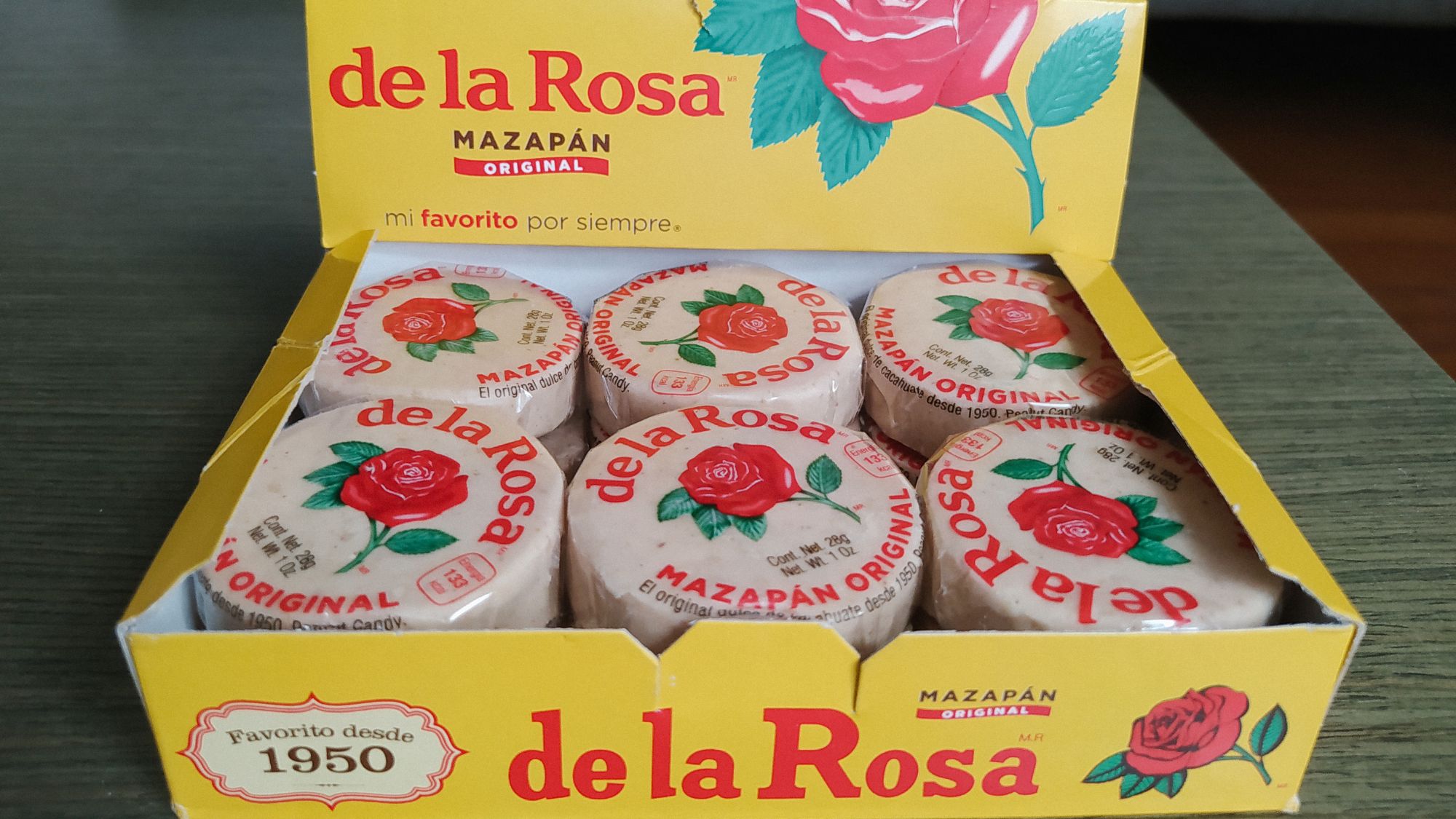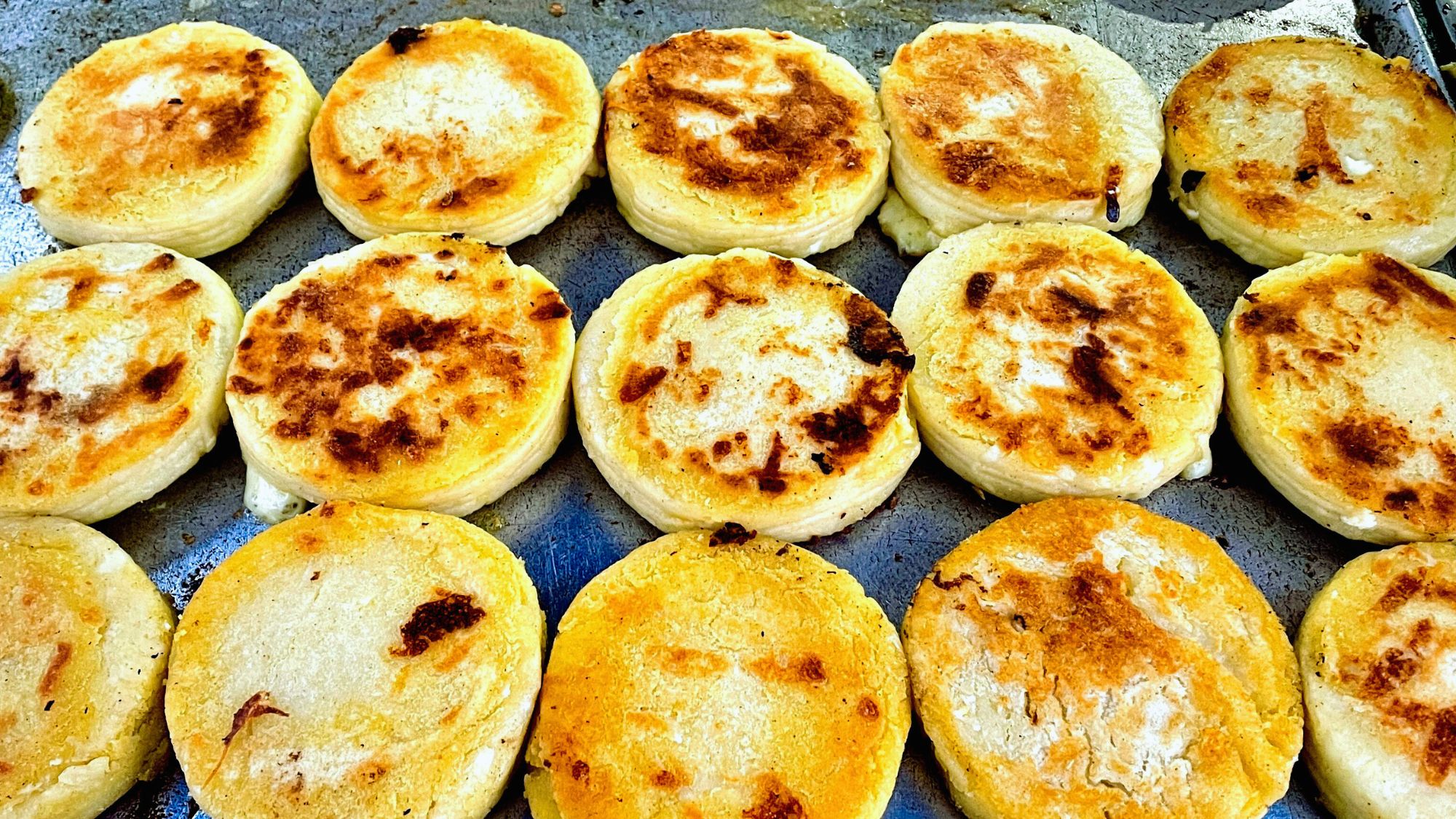Chili peppers have a rich, fascinating, and fiery history that spans thousands of years.
In fact, humans have been eating these fiery fruits for around 6,500 years, making them one of the oldest cultivated crops in the world. But what exactly makes them hot and spicy?
And why is the chipotle pepper, in particular, so popular?
The Fiery Origins of Chili Peppers
Chili peppers are believed to have originated somewhere in Central or South America.
Archaeological evidence points to their cultivation in east-central Mexico, highland Peru, Bolivia, and even the Amazon rainforest.
These peppers were among the first self-pollinating crops grown in these regions, and their use quickly spread across the Americas.
The Heat Factor: Capsaicin
The secret behind the fiery kick of chili peppers lies in a compound called capsaicin. It's odorless and tasteless except for its intense heat. Capsaicinoids, the chemicals produced in the fruit, are mostly found in the membranes surrounding the seeds and lightly in the flesh. And it’s been used for flavoring and food preservation for over 8,000 years.
“Capsaicin has medicinal uses as well, and was used as far back as the ancient Mayans for treating infected wounds, earaches, and gastrointestinal problems,” GardeningKnowHow writes. “We continue to use it today as the primary ingredient in pain relief products such as gels, patches and ointments.”
Enter the Chipotle Chili
Now, let’s talk about chipotle chili peppers. The name “chipotle” has its roots in the Nahuatl language, spoken by the Aztecs.
“Chipotle chile’s name derives from the Nahuatl word chilpoctli, which means “smoked chile pepper”, AKA chile ahumado, chile meco, and chilpotle,” the Austin Chronicle writes.
First cultivated in Mexico, this pepper became an integral part of the culinary landscape. From there, they traveled across the globe thanks to European explorers during the Columbian Exchange, in the 15th and 16th centuries. Fast forward to today, and this popular chili is commonly found in Mexican and TexMex dishes.
Some wonder if the chipotle is the same as a jalapeno pepper. The answer: yes ... and no. Jalapeno peppers are green, and eaten raw, pickled, or canned, and the chipotle is a red jalapeño that is dried and smoked. Basically, the smoking process gives them a distinctive smoky flavor that sets them apart.
“There are two main types of chipotles: morita and meco,” the Austin Chronicle explains. “Morita, which means 'small mulberry' in Spanish, is grown primarily in Chihuahua State; smaller than the meco, with a dark reddish-purple exterior. … The larger chipotle meco, also known as chile ahumado or típico, is a grayish-tan in color with a dusty looking surface.”
So, how do they compare to other chilis? Well, chipotles fall somewhere between mild and hot on the heat scale. They’re not as scorching as habaneros or ghost peppers but definitely pack a punch.
The Popularity of Chipotle
The chipotle pepper is probably the most popular chili, thanks to the fast food Mexican restaurant chain proudly bearing its name.
Entrepreneur Steve Ells founded Chipotle Mexican Grill in 1993. Ells, who attended the Culinary Institute of America, opened the first Chipotle restaurant in Denver near the University of Denver campus with an $75,000 loan from his father.
“Ells and his father calculated that the store would need to sell 107 burritos per day in order to be profitable; however, after one month, the original restaurant was selling over 1,000 burritos a day,” the site LiveAbout writes. “Ells had originally planned to use funds from the first Chipotle to open a fine-dining restaurant but instead focused on Chipotle Mexican Grill when the restaurant showed the potential for further success.”
Then, in 1998, McDonald’s made an initial minority investment in Chipotle, allowing rapid expansion from 16 restaurants to over 500 stores by 2005.
Today, most of us think of Chipotle Mexican Grill when we hear “chipotle,” while chipotle peppers spice up our dishes at home and beyond, with that irresistible smokiness we all love.
Superbowl Chipotle Veggie Chili Recipe
Picture a warm bowl cupped in your hands during the Superbowl. The bowl is heavy, full of hearty vegetables and spicy peppers that, in just a few short moments, will overwhelm your palate.
Not only does this Chipotle Veggie Chili recipe hit you with a wide array of balanced flavors, but there's a surprise hint of citrus added toward the end – lime juice.
Impress your taste buds (and Superbowl guests) even more by adding a little more texture and vibrance. Top your chili with garnishes like guacamole, sour cream, jalapeno slices and cilantro.
This Chipotle Veggie Chili is simple to make, with just one pot throughout the entire cooking process. Perfect to sit back and cheer for your team.
Chipotle Veggie Chili
Servings: 6-8
Ingredients:
3 tablespoons olive oil
1 medium yellow onion, chopped
5/8 teaspoon sea salt, divided
1/4 teaspoon pepper, divided
2 garlic cloves, minced
1 red bell pepper, chopped
1 can (14 ounces) diced fire-roasted tomatoes
1 can (14 ounces) red beans, drained and rinsed
1 can (14 ounces) pinto beans, drained and rinsed
1 cup vegetable broth
1 can (7 ounces) chipotles in adobo sauce
2 cans (15 ounces each) sweet corn with liquid
2 limes, juiced
guacamole (optional)
sour cream (optional)
jalapeno slices (optional)
cilantro (optional)
Directions:
In a large dutch oven, heat oil over medium heat. Add onion, 1/2 teaspoon salt and 1/8 teaspoon pepper. Stir and cook for 5 minutes until the onion is translucent. Add garlic and red pepper. Stir and cook for 8 minutes until soft.
Add tomatoes, red beans, pinto beans, broth, chipotles in adobo sauce, corn, remaining salt and remaining pepper. Simmer for 25 minutes, stirring occasionally, until chili has thickened.
Squeeze lime juice into pot; stir. Serve with guacamole, sour cream, jalapeno slices and cilantro, if desired.
Find more recipes perfect for cooler weather at Culinary.net.





